Are we witnessing the beginning of a new Cold War, or is the old one finally coming to an end? Many European leaders believe this conflict will be long and require military action. Meanwhile, former U.S. President Donald Trump claims he sees an opportunity to end the Cold War and improve relations with Russia.
A Repeat of the Cold War
Some European leaders compare today’s situation to 1946 when Winston Churchill warned about an “iron curtain” dividing Europe. Recently, European Council President Ursula von der Leyen stated that Europe must make Ukraine a “steel porcupine” to defend against Russia. Ukrainian President Volodymyr Zelenskyy has also called for up to 200,000 European troops to secure any future peace agreement.
However, Russia has strongly opposed the idea of NATO or European troops in Ukraine. Foreign Minister Sergei Lavrov stated on February 18 that even if NATO forces operate under different names, Russia will still reject their presence. Meanwhile, the UK is working to form a coalition of countries willing to send troops, similar to the coalition that supported the Iraq invasion in 2003.
Some argue that this is not the beginning of a new Cold War but the final stage of the old one. They compare the situation to the 1986 meeting between U.S. President Ronald Reagan and Soviet leader Mikhail Gorbachev, which helped end the original Cold War. Just like Reagan and Gorbachev, Trump and Russian President Vladimir Putin may now have a chance to de-escalate tensions.
The Shift in European Diplomacy
Historically, France and Germany have acted as peacemakers, while the U.S. and UK have often pushed for military solutions. In 2003, France’s foreign minister opposed the Iraq War at the United Nations, calling war a “failure.” However, in recent years, European leaders have aligned more with U.S. policies, supporting a prolonged conflict in Ukraine.
In early 2022, peace talks between Russia and Ukraine were actively pursued by Germany and France. Former German Chancellor Gerhard Schröder even confirmed that these talks failed because the U.S. opposed them. Despite this, some leaders still believe in diplomacy. Schröder has suggested that France and Germany should take the lead in restarting peace negotiations, as continued war will only cause more deaths.
However, some European leaders, particularly von der Leyen and others, are pushing for increased military spending and long-term confrontation with Russia. This approach risks further escalating tensions and fueling far-right movements across Europe.
A U.S.-Russia Plan for Peace
On February 18, Trump’s foreign policy team met with Russian officials to discuss a three-part plan. The first step was restoring full diplomatic relations between the U.S. and Russia. The second was ending the war in Ukraine. The third was resolving broader issues in U.S.-Russia relations.
These negotiations could mark a turning point. If successful, they could lead to new arms control agreements and cooperation on global issues. However, some experts worry that Trump’s strategy may be aimed at isolating China rather than genuinely seeking peace.
A New Opportunity for Peace
The world now has a chance to break free from the constant geopolitical struggles that have dominated for decades. Leaders in Europe and the U.S. must decide whether to continue down a path of war or embrace diplomacy. France and Germany, in particular, should remember their past role as peace negotiators and push for talks with Russia.
This moment could be the beginning of the end for the cycle of conflict that has shaped global politics for over a century. As U.S. General Mark Milley said in 2022, leaders must “seize the moment” and work toward lasting peace.
Discover more from AMERICA NEWS WORLD
Subscribe to get the latest posts sent to your email.
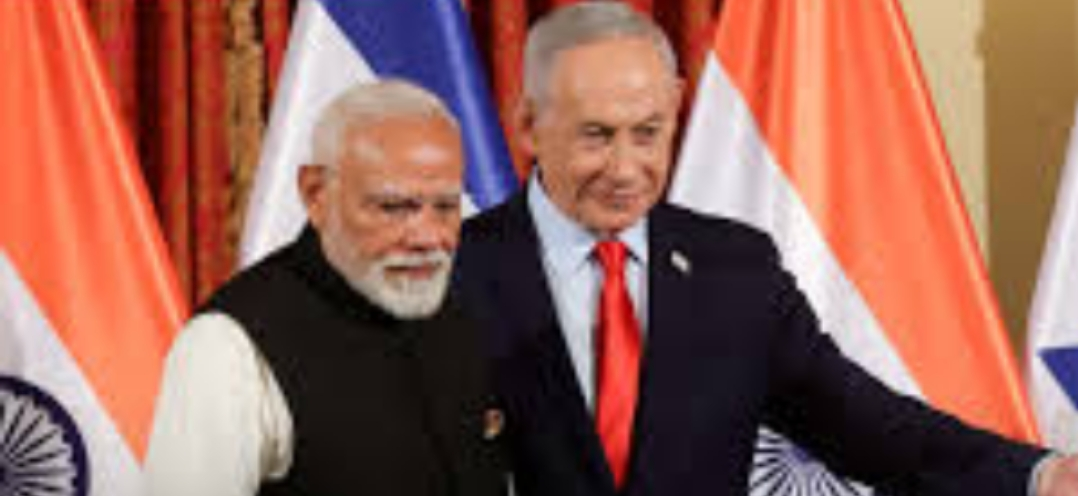
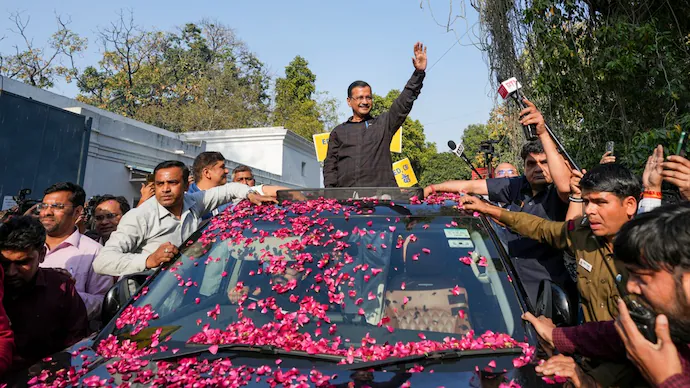

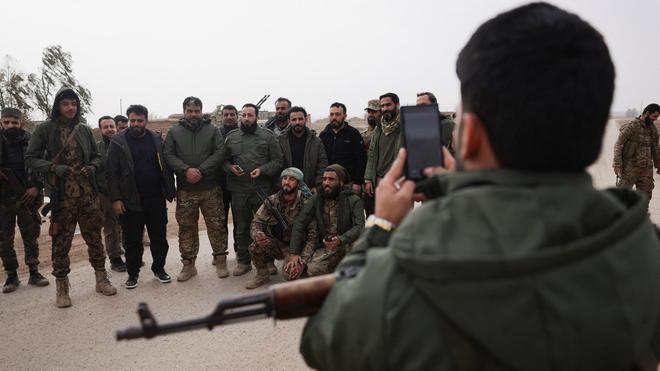
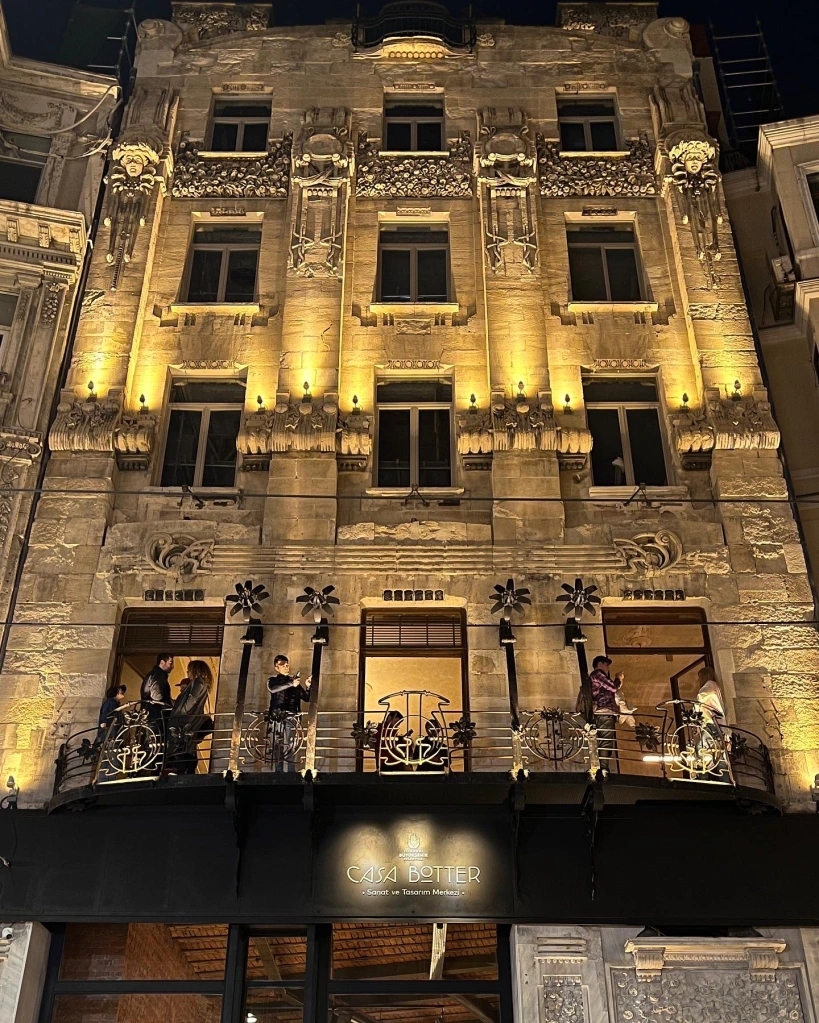

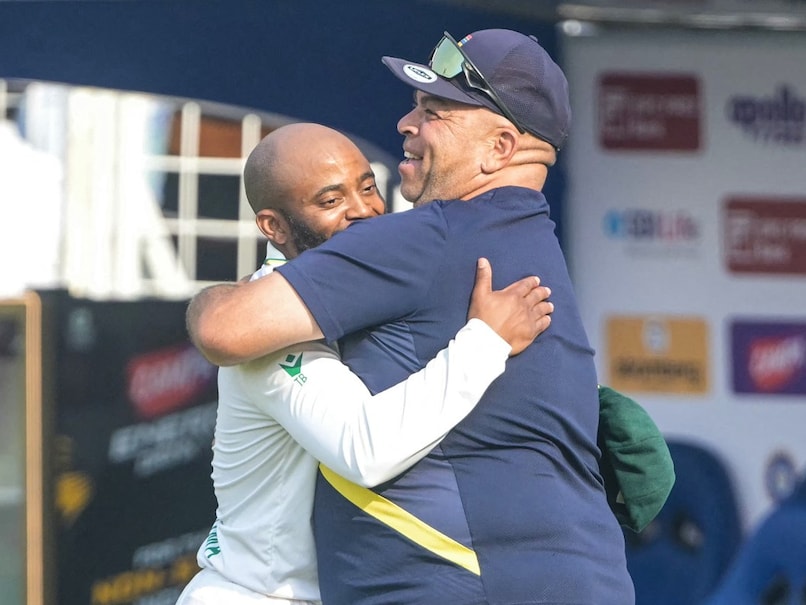
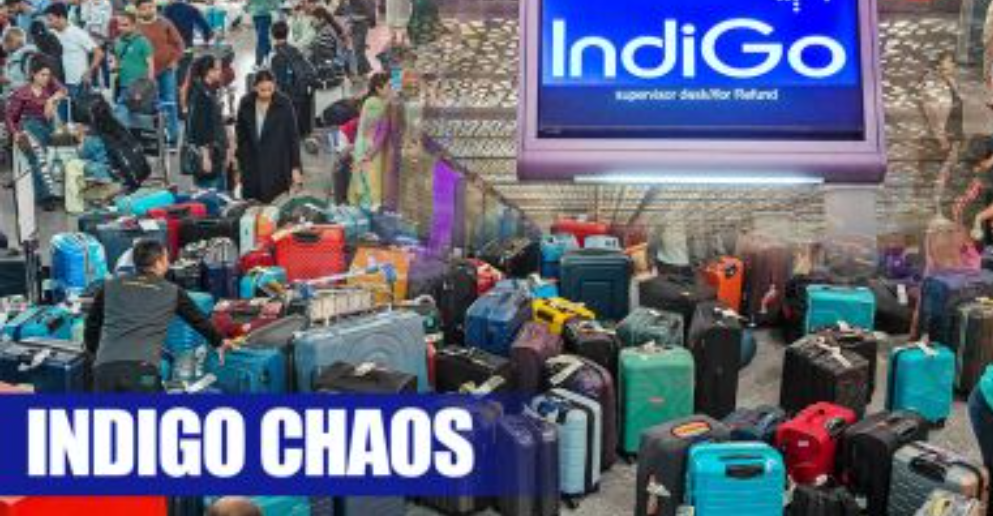
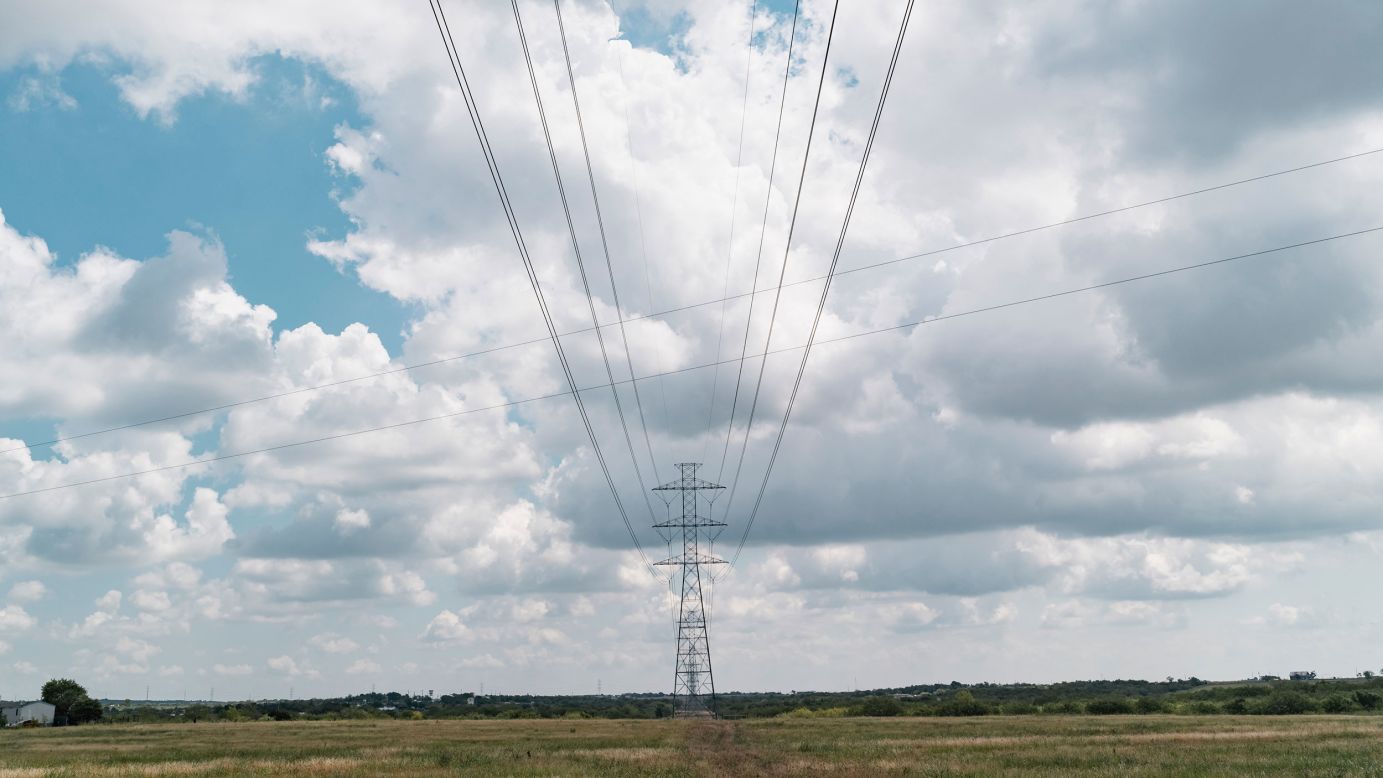


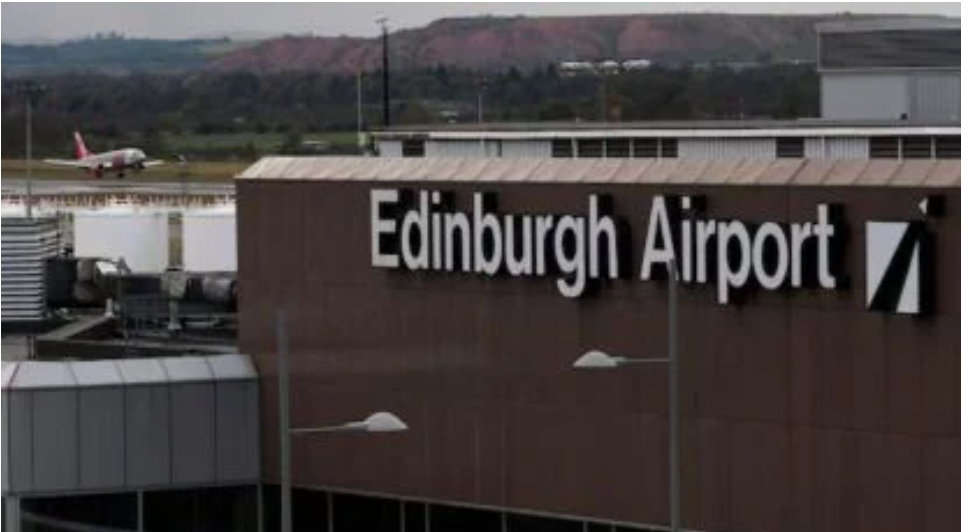

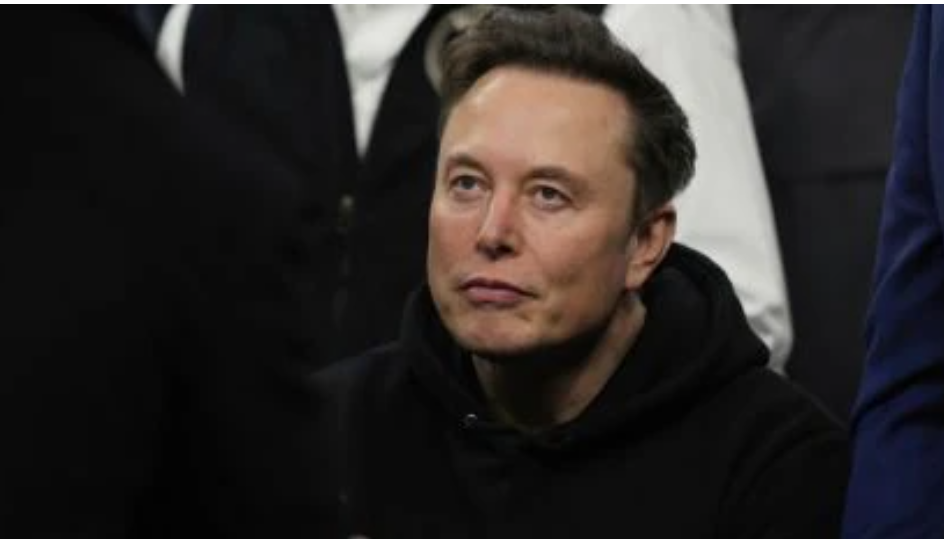


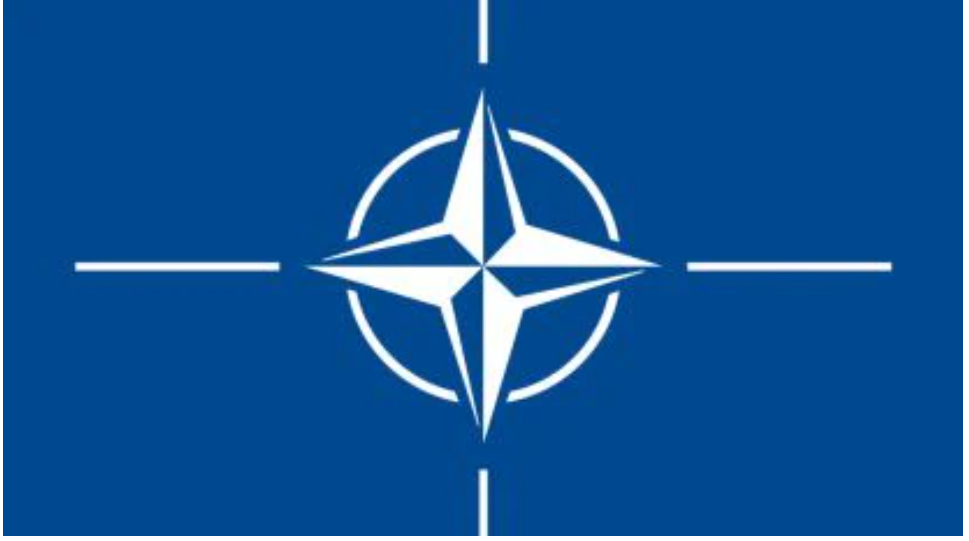




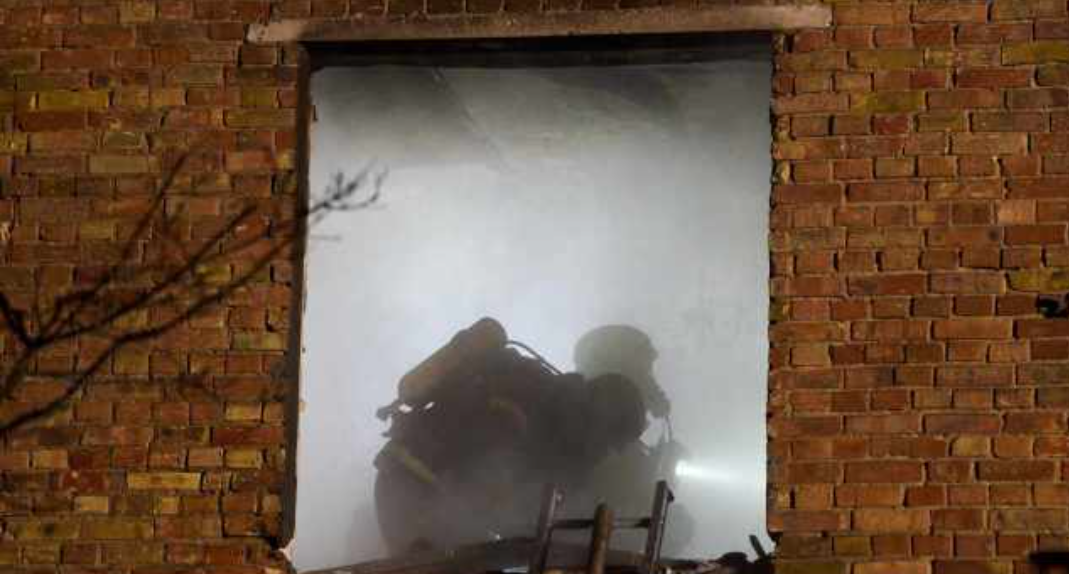
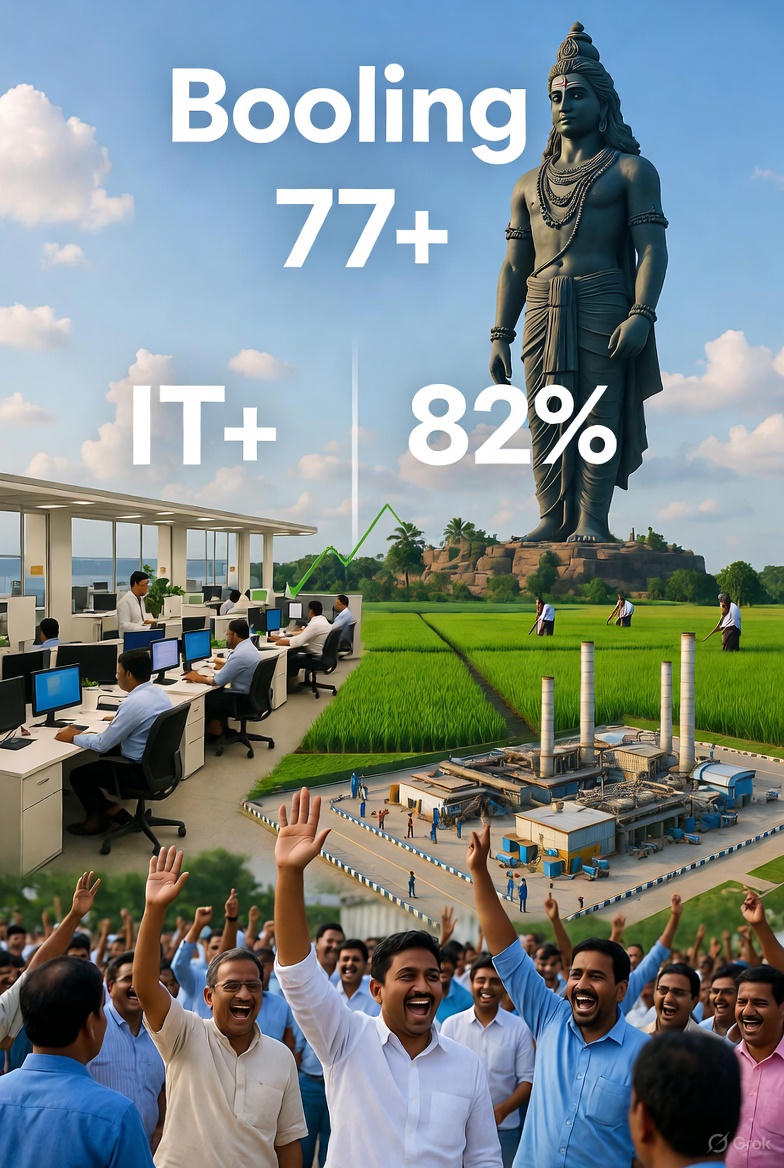


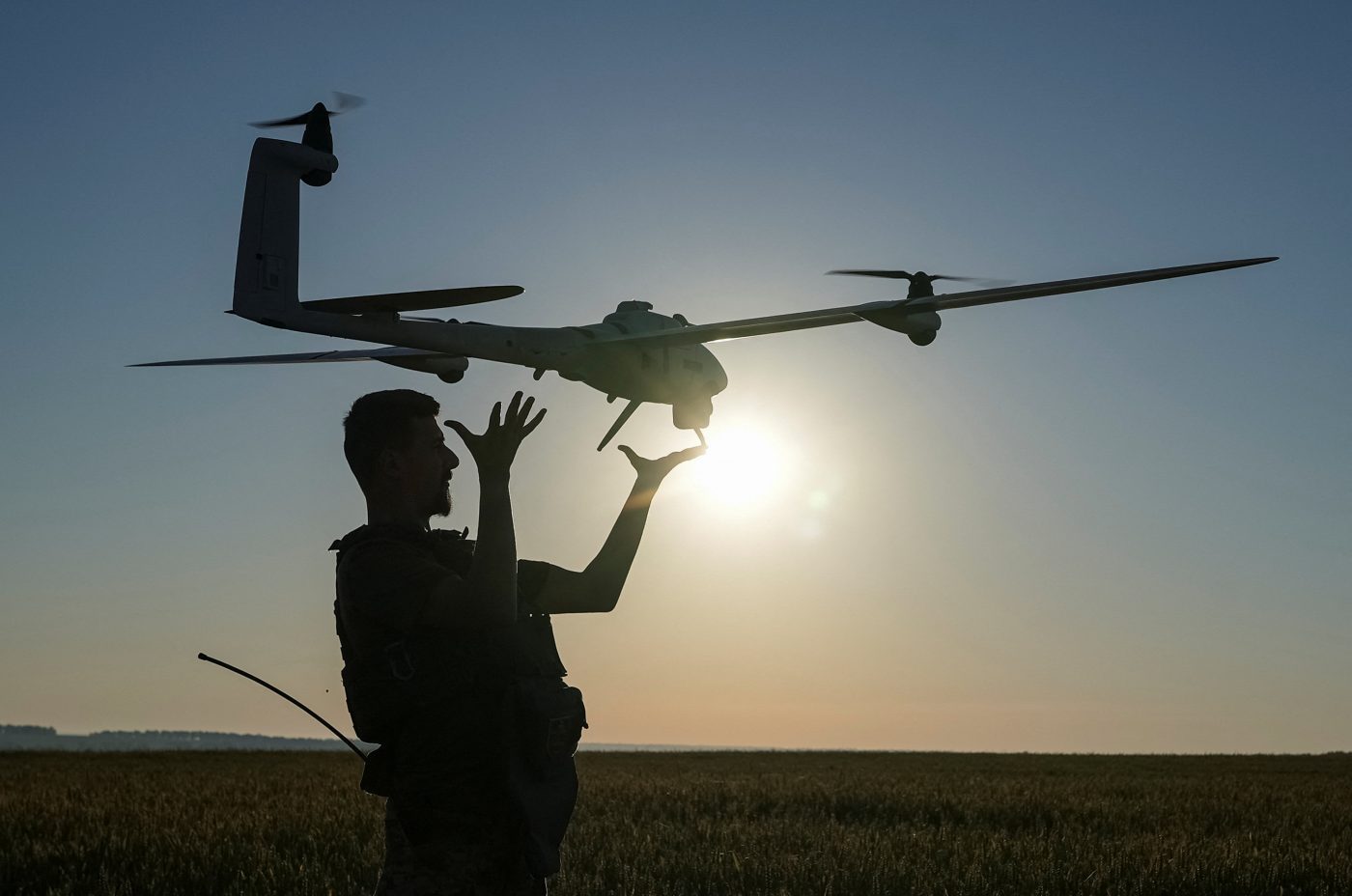



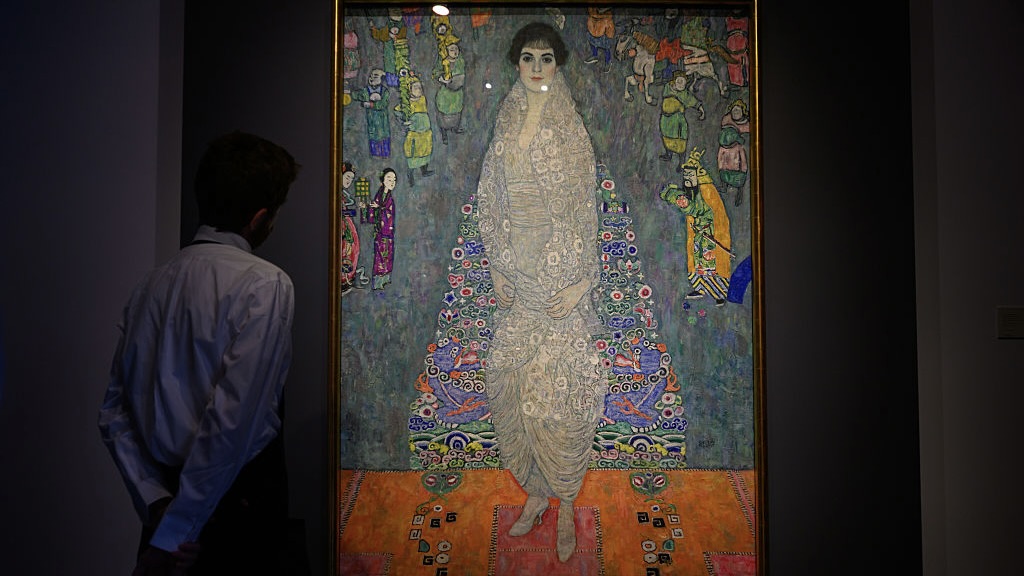

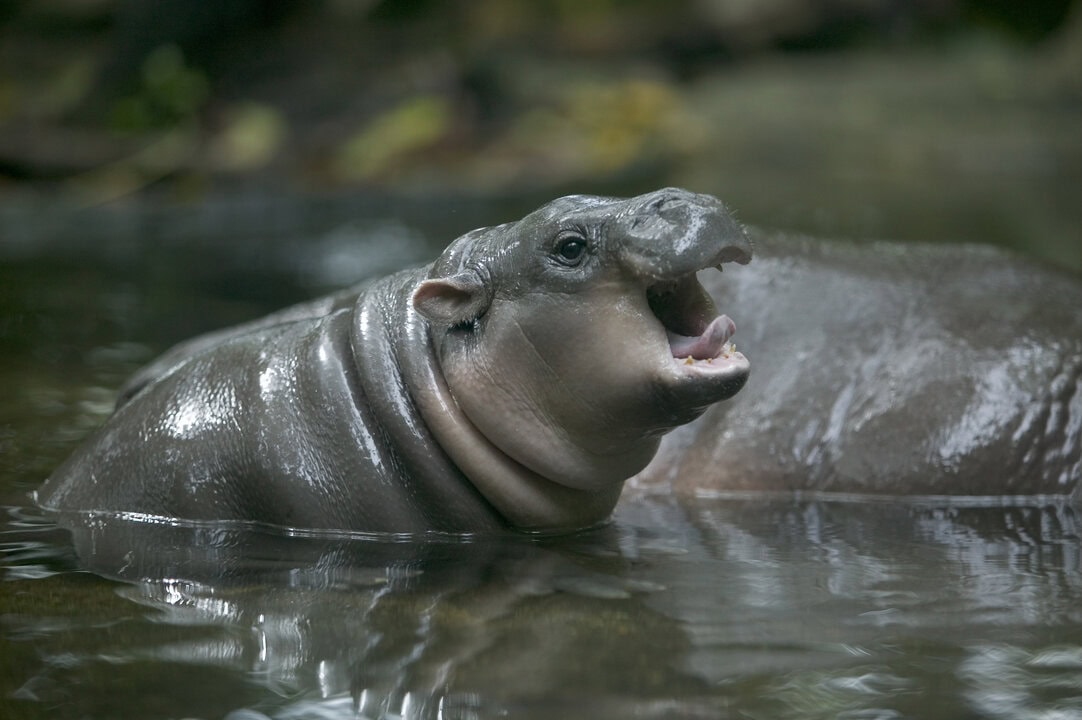


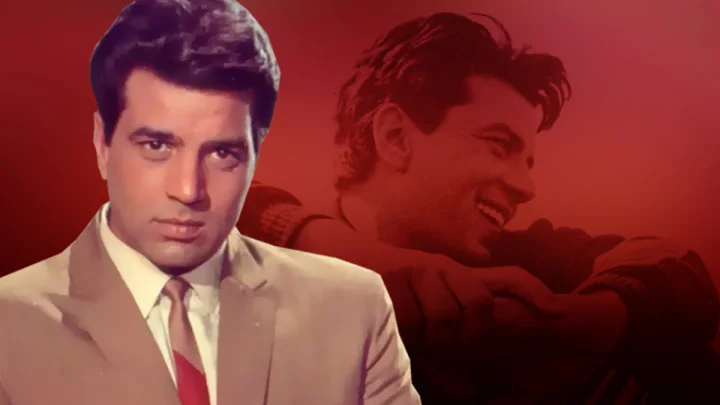
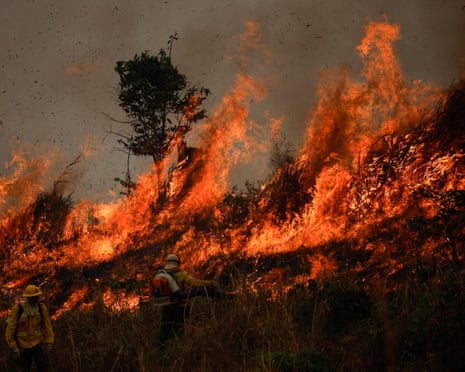
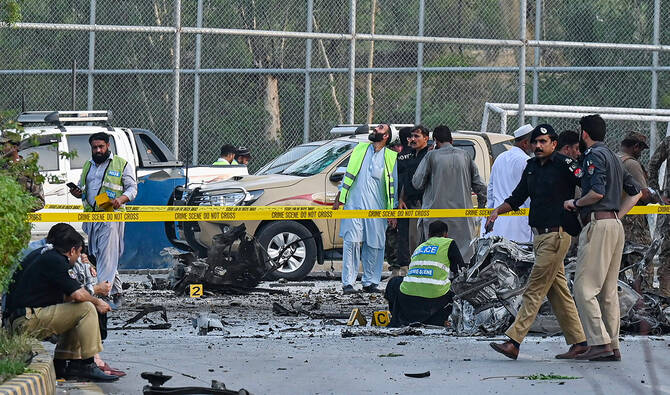
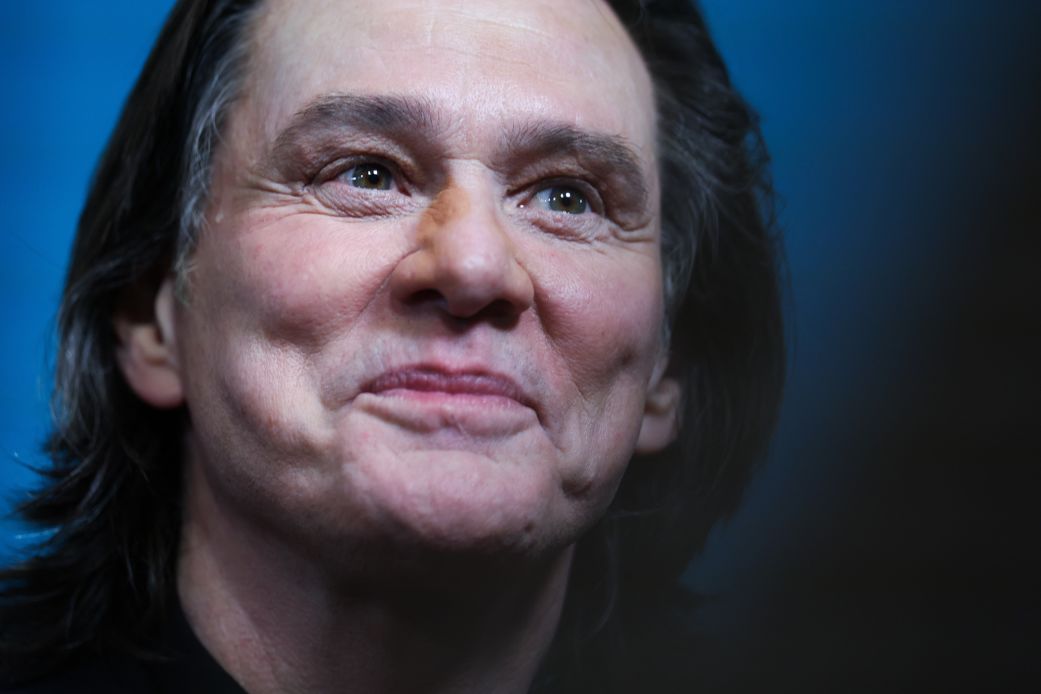
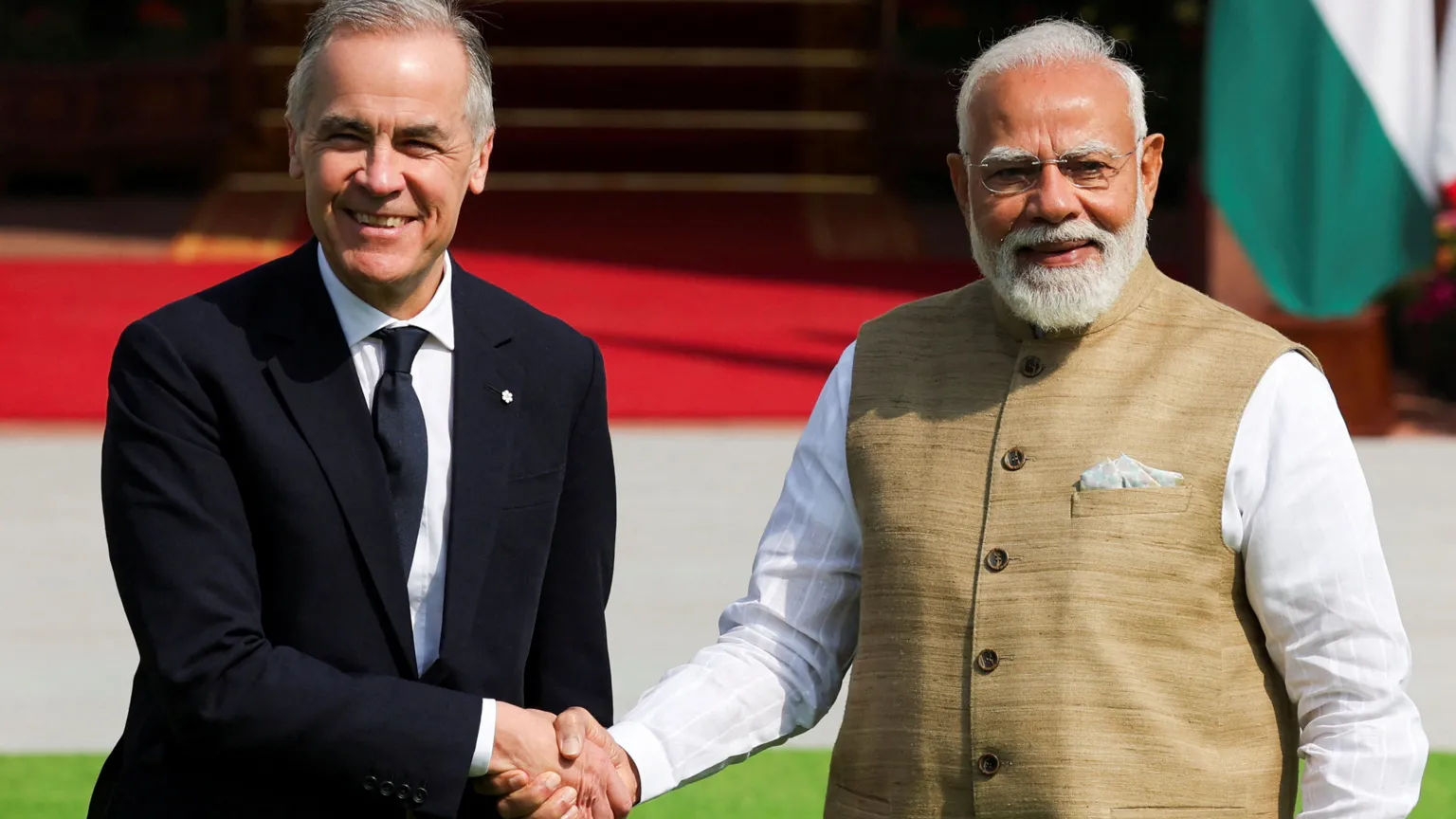
![Smoke rises after Israeli strikes in Beirut's southern suburbs, on March 2 [Mohamad Azakir/Reuters]](https://america112.com/wp-content/uploads/2026/03/hgh.webp)